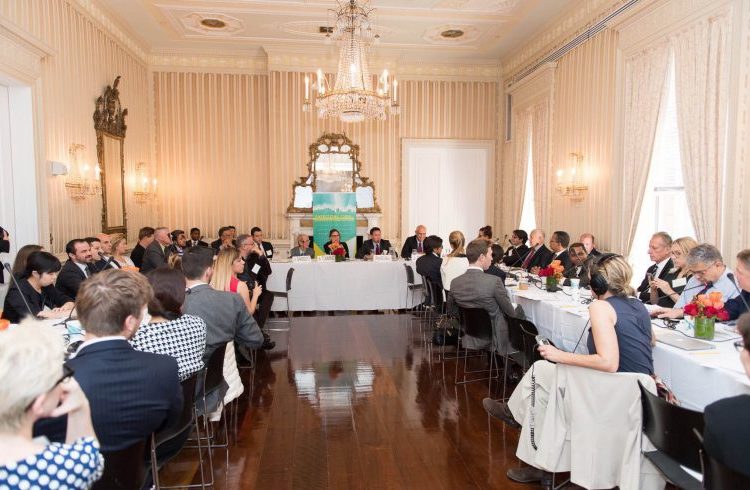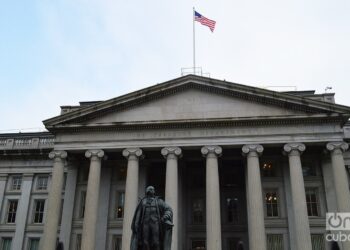A few days ago New York hosted the Energizing Cuba Conference. While the Big Apple’s weather presented them with a precious day, the debates were being held precisely when Hurricane Matthew was destroying the north of Florida and North and South Carolina, and two of the announced persons who were to give papers were prevented from attending.
Finally, the event was concretized and, according to the organizers, was a success when the expectations created with the possibility of showing the U.S. energy sector Cuba’s potentials in that field were met.
Carlos Fernández Aballí, chief official of Cuba Strategies Inc., affirmed to OnCuba that the event met all his expectations. “We had a very varied public, which is very good. And it left two important messages: one, the opportunities Cuba offers to do business, two, it showed the wide range of persons interested in doing business with Cuba,” said Fernández Aballí.
The Conference had two sessions, a morning one dedicated to showing the investment opportunities in renewable energy in Cuba, and the evening one, focused on the legal implications of dealing with the island. In both, the room was shared by academicians from the two countries, businesspeople and students from the University of Columbia and The New School of New York.
“We had the opportunity of presenting a deluxe panel,” Guennady Rodríguez, business director of Cuba Strategies Inc., confirmed, “on the side of the Cubans who visited us, as well as the U.S. specialists who talked and gave their perspective. Important U.S. developers were present, like General Electric or Greenskies Renewable Energy, as well as financiers, bankers, contractors and consultants. The only thing that affected us was Hurricane Matthew, which prevented other guests to the event like Dr. Conrado Moreno, CETER specialist in Cuba, or Lawyer Ambar Díaz, who has represented several U.S. businesses in Cuba, from participating.”
Rodríguez considers there is a great deal of interest in Cuba and its opportunities, but that there is also a perception of risk, especially by the larger U.S. companies, “since they assume the embargo as an operational risk they are not willing to face.” However, he affirmed that they understand the convenience of entering the Cuban scenario and the event in New York left contacts with four companies that wish to explore their opportunities directly.
The interest in getting to know in depth the risks of a serious approximation to the island was confirmed from the beginning of the morning sessions, when the majority of the participants asked questions in that direction. “Fortunately, we had the privilege of having Professor Cobo,” added Guennady, “one of the best specialists in matters related to commercial law in our country, and we started covering all the aspects as they appear in the Cuban regulations, from such sensitive topics as the expropriations to the hiring of workforce and insurance.”
Narciso A. Cobo Roura, professor of the Faculty of Law of the University of Havana and vice president of the Cuban Court of International Commercial Arbitration, expressed his positive view regarding his perception of the event and the inevitable concerns of those who have the potential to develop the exploitation of renewable energy in Cuba: “I think the event contributed to creating a climate of reasonable trust and to make visible the spaces Cuba is opening today for foreign investment. I believe that this explains the interest later demonstrated by some participants in participating in the next Havana International Trade Fair late this month. I hope this can be materialized and that they find the Cuban interlocutors who will surely be open to talks.”
Barely a month before this event, 70 companies from 11 countries (United States among them) met in Havana in the 1st Energy and Infrastructure Summit; a meeting where high-ranking officials from Cuban state-run entities presented them with business possibilities in terms of energy. In the context of these first energy-related contacts, Energizing Cuba met its fundamental goal: showing the investment opportunities offered by a country where the energy core is based on the use of fossil fuel, but that wishes to reach four percent of this energy based on the use of renewable sources. And, at the same time, this event made everything very clear for those who want to take the leap, or at least study their possibilities in a nation that in matters of foreign investment is living in the eye of the hurricane.










